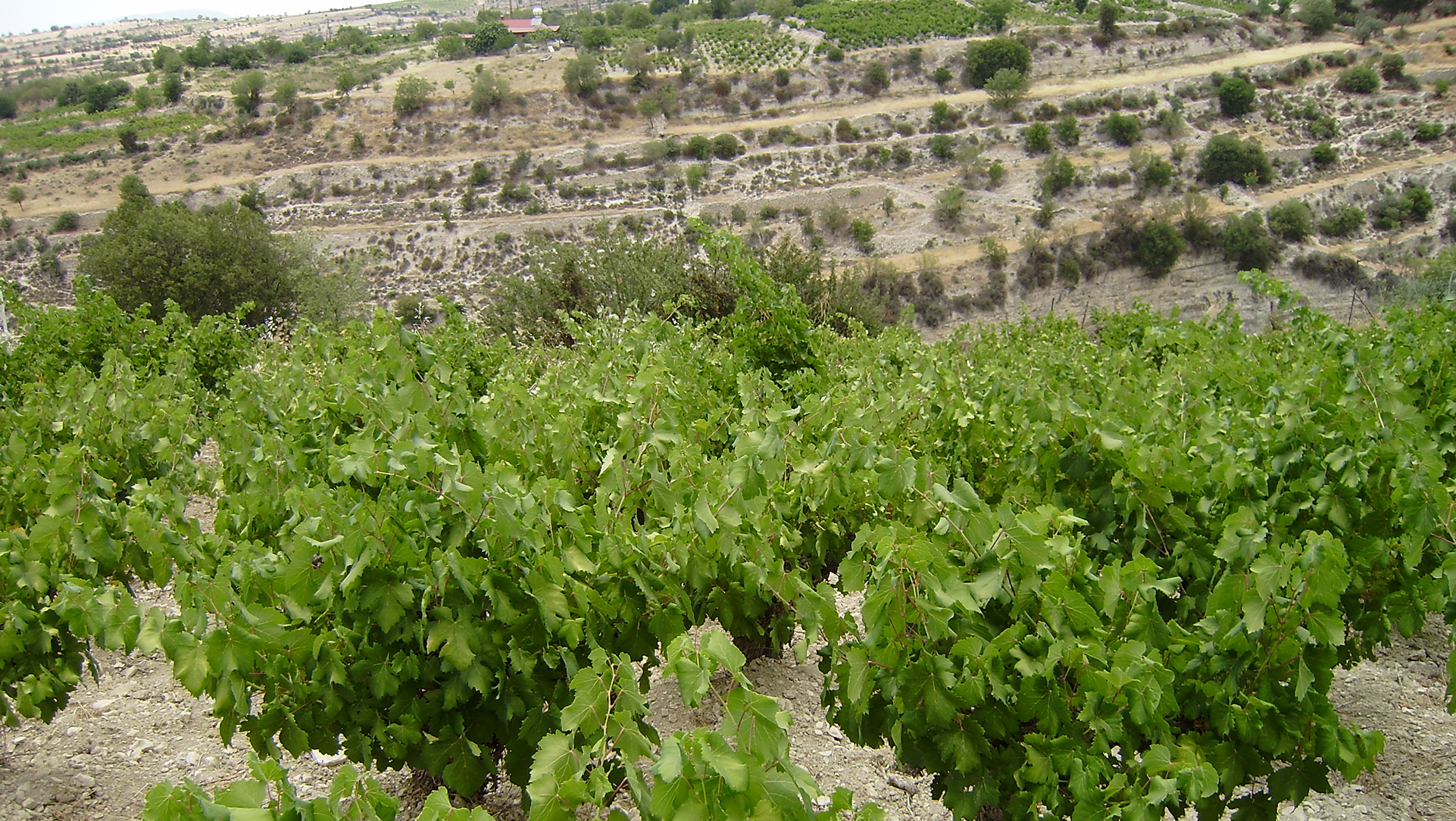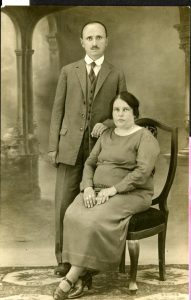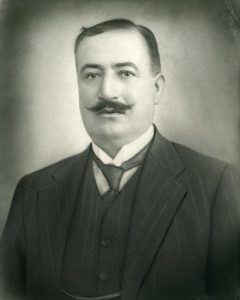Eleni Zachariadou
Dimitris Lipertis
 Demetres Lipertis was an important contemporary poet and one of the greatest representatives of Cypriot dialectal poetry. He was born in Larnaca in 1866 and he died in Nicosia in 1937. His father, Theofanis Lipertis, came from Kyrinia but he moved in Larnaca, with the help of the bishop of Kitio, Meletios, and he was a great merchant. His mother, Kokonou member of the family Modinou, was known for her beauty.
Demetres Lipertis was an important contemporary poet and one of the greatest representatives of Cypriot dialectal poetry. He was born in Larnaca in 1866 and he died in Nicosia in 1937. His father, Theofanis Lipertis, came from Kyrinia but he moved in Larnaca, with the help of the bishop of Kitio, Meletios, and he was a great merchant. His mother, Kokonou member of the family Modinou, was known for her beauty.
Demetres Lipertis learned his first letters in Larnaca, next to his uncle Charitonas, who was a priest in the metropolitan church of the “Saviour’s Transfiguration”, and thereafter he went to the school of the town. He was very lucky as he had competent teachers, for example Ieronimos Varlaam, an important scholar of the era, Theodoulos Konstantinidis, Chrysanthos Ioannidis (who later became a bishop of Kyrinia and Kitio), Diamantos Themistocleous, all of them great scholars. Demetres Lipertis has stayed for a short period of time, on the side of the great teacher Andreas Themistocleous in Limassol. He also loved learning foreign languages and for this reason he left for Beirut in 1880, to continue his studies. He stayed in Beirut till 1884 where he studied English and French in the AmericanCollege and in the School of Jesuits.
When he came back in Cyprus, he worked from 1885 until 1890 as a secretary in the courthouse of Larnaca. During the next decade he was working in various governmental positions, for example as a supervisor for the vineyard diseases, coast-guard supervisor etc. His work has helped him to meet better the Cypriot countryside and the local people, and some years later he described them masterly in his dialectical poems. He never stopped going to the countryside either as a visitor or because of his work.
In 1900 he left Cyprus again, but only for a year. He went in Naples (Italy) where he attended to philosophical courses and in Athens where he had some courses of theology. He has also traveled in Egypt looking for a job.
In 1910 he started a new career as a professor. From 1910 and until 1912 he taught French in the Pancyprian Gymnasium. Between 1913 and 1916 he was a professor in LemythosSchool and thereafter he taught in EnglishSchool in Nicosia for many years. In the meanwhile, he visited different towns and villages in Cyprus and especially Vasa Kilaniou.
He appeared in the field of poetry in 1891 with the publication of his first poetic collection, under the title “Chalaromeni Lira”. It was published in Nicosia and it was dedicated to his teacher Ieronimo Varlaam. This poetic collection included poems written in the oratorical and demotic language of the era. His second poetic collection was published in Larnaca seven years later (1898), under the title “Stoni” and it was saturated with the romantic climate of the late 19th century. Among others, he was influenced by the piece “Fanariotissa” of the poet Virginia Evaggelidou, who knew him because of some of his poems, which were published in the magazine “Cosmos” of Constantinople. Lipertis has dedicated one of the poems of his first collection “Chalaromeni Lira” to her.
In contrast to his first collection, “Stoni” are dominated by poems written in demotic language. But still he had not found his track. He was influenced by the bourgeoisie of Larnaca, the preservative way of life of the era and his scholar teachers, but it took him several years to turn to the composition of poems in the Cypriot dialect and the draw of subjects from the people of his country. The poetic work of Vasilis Michaelidis “Piimata” (which was published in Limassol in 1911) has contributed in Lipertis important and permanent turn. His personal acquaintance with scholars who studied the Cypriot dialect and the folkloric heritage of the island (A. Sakellarios, G. Louca, S. Menandros) was not irrelevant to his new poetic pursuits.
However, his third poetic collection was published three years later. This new collection was published in 1923 and it was the first volume of his work, which was written in the Cypriot dialect. The title of this collection was “Tzipriotika Traoudkia” (Cypriot Songs).









